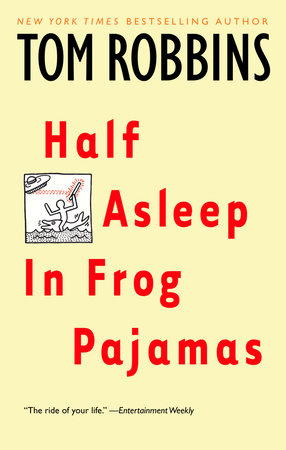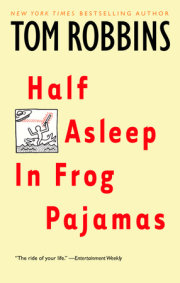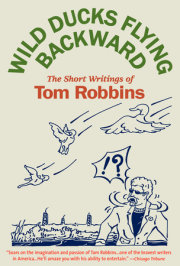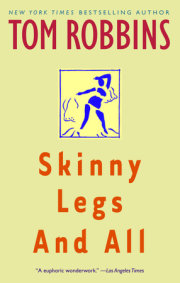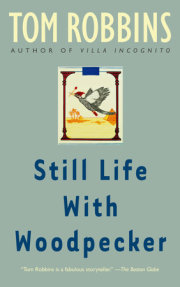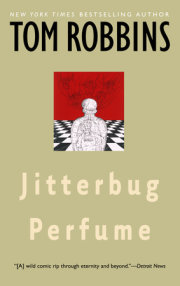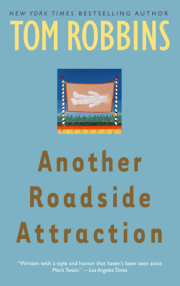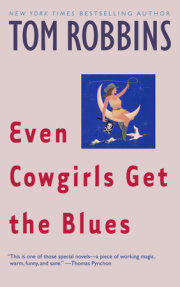You kick off your shoes and flop onto the bed—landing, of course, among millions of mites. Had you any inkling that your bedding was alive with arthropodic crablets, chomping away on flakes of your dead skin, you would be so disgusted you would probably choose to lie on the floor. Yet every one of us, including the rich, the pious, and the royal of blood, sleeps each night in colonies of such mites. The ultimate witnesses, the most intimate voyeurs, these mites. What books they might author, what tales they could tell! Imagine the memoirs of a multitude of minuscule malcolm lowrys, expatriates in a martex mexico, soused on dandruff tequila, living and writing under the volcano of love. Jolted by mattress-quakes, buried by thigh-slides, swept away by flash floods of seminal lava, they cling to the linen with their petite pincers, recording with literary objectivity our orgasms, our fevers, our pillow talk, our dreams. Who knows more of our secrets? Who? Nightly, and often by day, they sail with us in the lunar barge, their flake steaks marinated in our tearwater, their breakfast boiled in our sweat, the winds of our farting at play in their hair. They are familiar with wife and mistress, husband and lover, hot-water bottle and fetish, favorite sitcom and favorite drug; have memorized confession, recrimination, prayer, delirium, and that sweet name we cry out in our sleep. Our babies are conceived—and born—in their midst; our parents—and someday we ourselves—die in what passes for their arms. Yes, all this but the mites do not betray us. If they gossip, it is only among themselves. Perhaps they see an order in our messy bed-lives—our tossings and turnings, moans and nightmares, snacks and snores and trading of partners—that we have not discovered yet. Perhaps they regard us as glorious, even; as agents of the raw miraculous, capable at any moment—not in spite of our folly but because of it—of a transcendence that exceeds transformance. As a rule, we do not sing in our beds. We have no need. The mites sing for us. Sing
of us
. They are our Greek chorus, our geek chorus, choirs of microscopic angels ever ready to dance on the head of a pin. Their appetites are ghoulish, their hunger divine. They are what they eat.
Excerpt from a bedmite tome:
Shortly before eleven on the night before Easter, our hostess, Gwendolyn Mati (fully clothed, unfortunately), lay herself down in our city to gather her wits, to collect her thoughts, to sort things out—things ranging from rectal cancer to sugary aromas, from missing friends to the possible demise of that powerful and enduring conviction that every generation of Americans could and would move beyond the social and economic station of its predecessor. However, being chaotic, overwhelmed, worried, frazzled, exhausted, severely disappointed yet strangely free, her various thoughts coagulated, her mind went to testpattern, and she slipped rather quickly into slumber. Within minutes, she commenced to dream. A voice spoke to her in her dream, spoke so loudly and distinctly (although it dragged its syllables contemptuously through its proboscis, in the manner of that bulbous old comedian on the late, late show) that we heard it above our traffic and crunching, as clearly as if it were there in the sheets. Startled, Ms. Mati reared up in bed. And in a low, wondering whisper, she repeated the statement we all had overheard.
"The Fool's journey ends on Sirius C."
. All rights reserved. No part of this excerpt may be reproduced or reprinted without permission in writing from the publisher.

